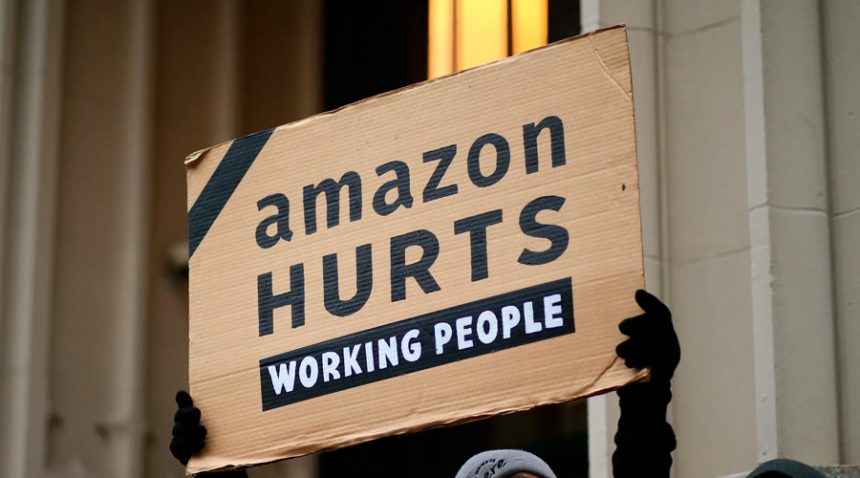North Carolina Amazon workers reject unionization – what does this mean for the future of labor rights
The discourse surrounding unionization efforts at Amazon continues to intensify, marked by significant events and evolving dynamics. Recent unionization votes, allegations of anti-union practices, and broader labor movements within Amazon’s vast network have brought the company’s labor relations into sharp focus.
Recent Unionization Efforts and Outcomes
In early February 2025, a pivotal unionization vote took place at Amazon’s fulfillment center in Garner, North Carolina. The initiative, led by the grassroots organization Carolina Amazonians United for Solidarity and Empowerment (CAUSE), sought to advocate for higher wages, extended breaks, and improved scheduling flexibility.
Despite their efforts, the outcome was decisive: approximately 75% of the participating workers voted against unionizing, with 2,447 votes opposing and 829 in favor. This result underscores the challenges labor organizations face in rallying support within Amazon’s workforce.
Concurrently, across the Atlantic, Amazon faced union-related challenges in Coventry, United Kingdom. Following a narrowly defeated formal recognition vote, the GMB trade union accused Amazon of targeting union members with disciplinary actions.
Reports indicate that approximately 60 union-affiliated workers received warnings related to productivity targets and the monitoring of “non-productive time,” which includes activities like restroom breaks. These actions have been perceived by union representatives as attempts to suppress union activities and deter collective bargaining efforts.
Amazon’s Stance on Unionization
Amazon has consistently maintained a stance against unionization, advocating for direct communication between the company and its employees. The company asserts that it offers competitive wages and benefits, rendering third-party representation unnecessary. In response to the North Carolina vote, an Amazon spokesperson expressed satisfaction with the outcome, emphasizing the company’s commitment to maintaining a direct relationship with its workforce.
However, union organizers and labor advocates argue that Amazon employs aggressive tactics to dissuade unionization. Allegations include mandatory anti-union meetings, dissemination of anti-union literature, and retaliatory measures against pro-union employees. These practices have raised concerns about workers’ rights to freely organize and engage in collective bargaining without fear of reprisal.
Broader Implications and Future Prospects
The recent unionization efforts at Amazon are emblematic of a broader resurgence in labor activism across the United States and beyond. Despite setbacks, labor organizations remain resolute in their mission to advocate for workers’ rights within large corporations.
The unionization of a Whole Foods Market in Philadelphia, marking the first successful union effort within the Amazon-owned grocery chain, exemplifies this momentum. Employees at this location voted 130 to 100 in favor of joining the United Food and Commercial Workers International Union, aiming to negotiate for better wages and working conditions.
These developments suggest a growing determination among workers to seek representation and challenge corporate labor practices. While Amazon has successfully resisted several unionization attempts, the persistence of labor movements indicates that the debate over unionization within the company is far from settled.
The outcomes of these efforts could have profound implications for labor relations, potentially influencing policies and practices not only within Amazon but also across the broader corporate landscape.
In conclusion, the Amazon union debate continues to evolve, reflecting the complex interplay between corporate interests and workers’ rights. As unionization efforts persist and labor movements gain traction, the future of Amazon’s labor relations remains a critical area to watch, with potential ramifications for the broader discourse on workers’ rights and corporate accountability.






